László Moholy-Nagy (1895 – 1946)
We Perform László Moholy-Nagy art authentication. László Moholy-Nagy appraisal. László Moholy-Nagy certificates of authenticity (COA). László Moholy-Nagy analysis, research, scientific tests, full art authentications. We will help you sell your László Moholy-Nagy or we will sell it for you.
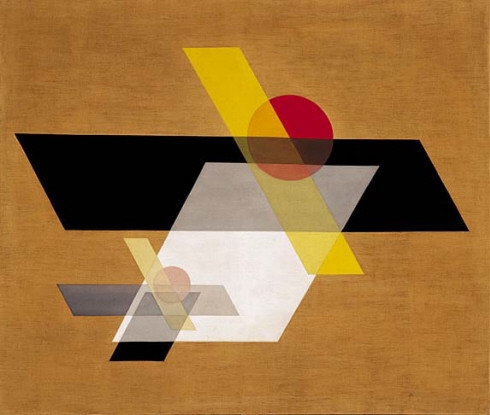
1924 Oil on canvas 45 5/8 x 53 5/8 inches (115.8 x 136.5 cm)
Solomon R. Guggenheim Museum
Laszlo Maholy-Nagy, born Laszlo Weisz, was a Hungarian artist, known for his involvement in the Bauhaus. Maholy-Nagy grew up in a Jewish-Hungarian family in the town of Mohol, after which he derived the name “Maholy”. “Nagy” was derived from the surname of his mother’s friend.
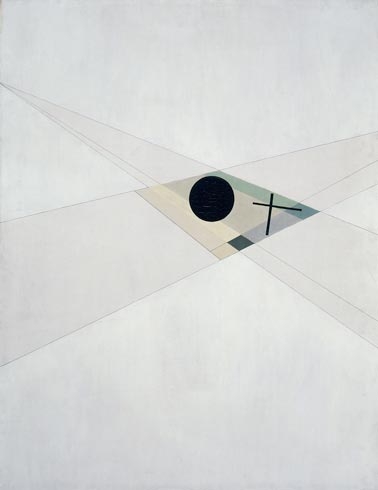
1927 Oil on canvas 37 x 29 1/8 inches (94.1 x 73.9 cm)
Solomon R. Guggenheim Museum, New York, Gift
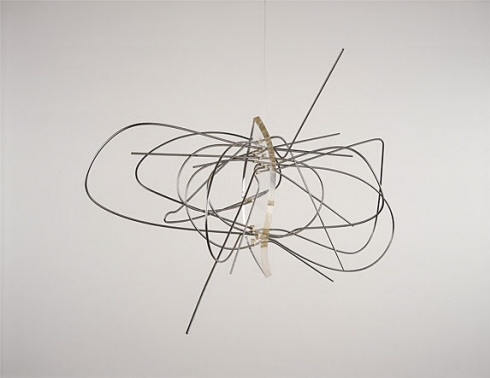
1946 Plexiglas and chrome-plated brass rods 36 1/2 x 47 7/8 x 22 inches (92.7 x 121.6 x 55.9 cm)
Solomon R. Guggenheim Museum, New York, Solomon R. Guggenheim Founding Collection
Maholy-Nagy studied law in Budapest before serving in World War I. During the war he survived a serious injury and was discharged in 1918. After being freed from his military duty, Maholy-Nagy began studying at the private art school of Robert Bereny, a Hungarian artist of the Fauve movement. Maholy-Nagy was also involved in activists and contributed to various journals in Hungary, in support of the Hungarian Soviet Republic.
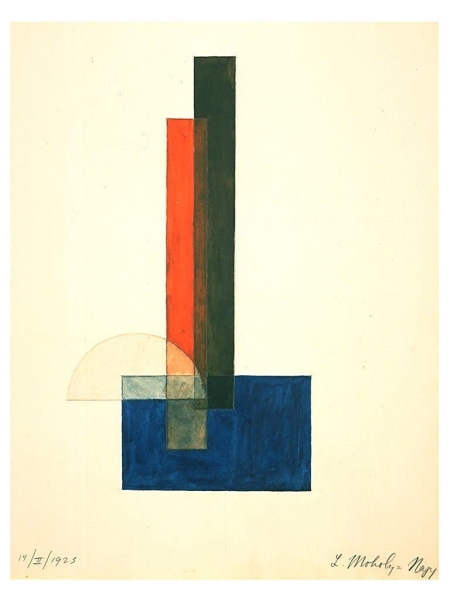
1923 Watercolor with pencil underdrawing on paper 17 1/8 x 13 7/8 in. (43.4 x 35.2 cm)
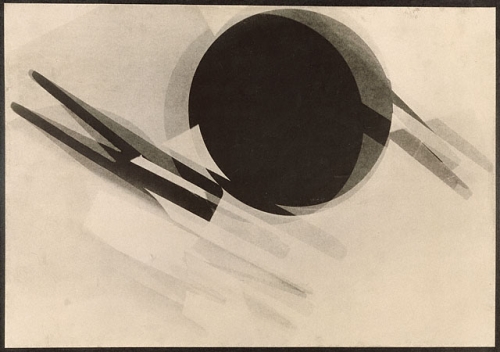
1922 – 1923; print about 1928 Gelatin silver print 26 5/16 x 36 1/4 in.
Getty Museum
During the early 1920s, Maholy-Nagy moved from Vienna to Berlin, where he became an instructor at the Bauhaus, proficient in such techniques as photography, typography, sculpture, painting, printmaking and industrial design. Maholy-Nagy did extensive work with photograms and wrote a book, “The New Vision, from Material to Architecture.” Maholy-Nagy also edited the avant-garde magazine, “International Revue I 10” from 1927 to 1929. Around the same time he left his teaching post at the Bauhaus to do stage design in Berlin.
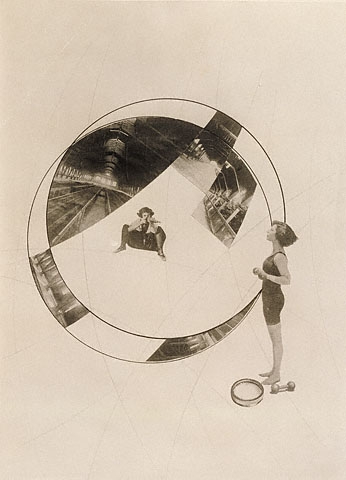
1925 Gelatin Silver Print 14 ¾ x 10 5/8 in
Getty Museum
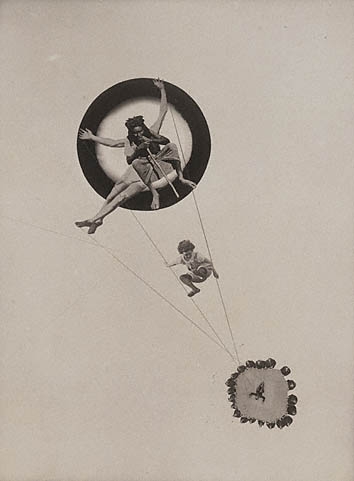
1925 Gelatin Silver Print 9 ¼ x 6 7/8
Getty Museum
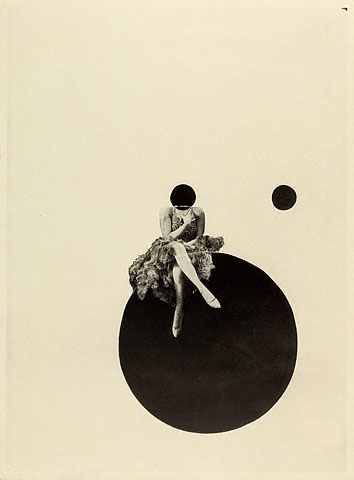
1925 Silver Gelatin Print 14 ¾ x 10 13/16 in
Getty Museum
Around 1935, Maholy-Nagy moved to England, where he helped to form a new circle of artists Hampstead, attempting to create an English version of the Bauhaus. The effort was unable to be funded, and Maholy-Nagy ended up moving to London where he did a number of jobs for the Imperial Airways and made a series of kinetic sculptures.
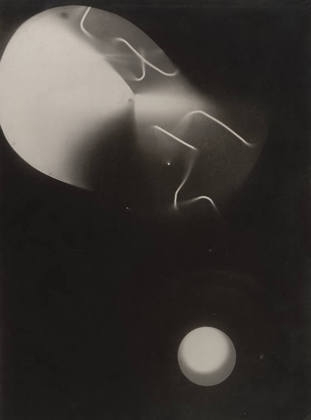
c. 1922 Gelatin silver print 14 5/16 x 10 11/16″ (36.3 x 27.1 cm)
Museum of Modern Art, NY
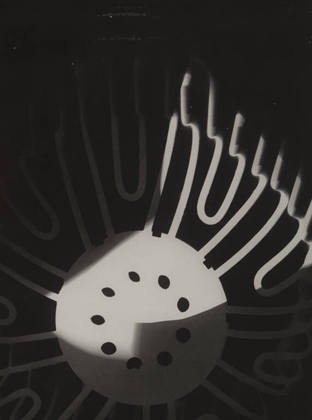
c. 1923 Gelatin silver print 10 11/16 x 7 15/16″ (27.2 x 20.3 cm)
Museum of Modern Art, NY
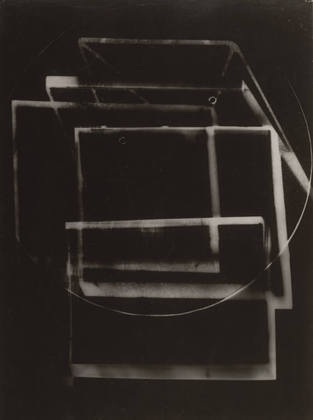
c. 1924 Gelatin silver print 14 5/16 x 10 9/16″ (36.3 x 26.9 cm)
Museum of Modern Art, NY
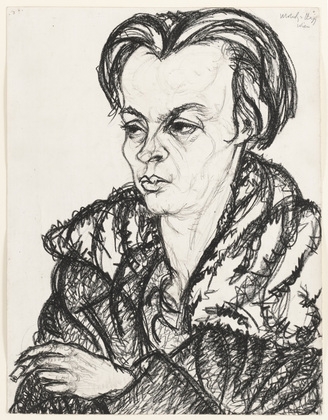
(1919-20) Lithographic crayon on paper 16 5/8 x 12 3/4″ (42.4 x 32.5 cm)
Museum of Modern Art, NY
In 1937 Maholy-Nagy moved to Chicago to become the director of the New Bauhaus. Unfortunately the school only lasted for one year before losing funding and becoming the Institute of Design, and later the Illinois Institute of Technology. Maholy-Nagy died in Chicago in 1946. The work of Maholy-Nagy is now in important collections around the world. The art institute in Budapest was renamed in his honor as the Moholy-Nagy University of Art and Design.
László Moholy-Nagy art authentication. László Moholy-Nagy appraisal from . László Moholy-Nagy certificates of authenticity (COA). László Moholy-Nagy analysis, research, scientific tests, full art authentications. We will help you sell your László Moholy-Nagy or we will sell it for you.
Reviews
1,217 global ratings
5 Star
4 Star
3 Star
2 Star
1 Star
Your evaluation is very important to us. Thank you.
